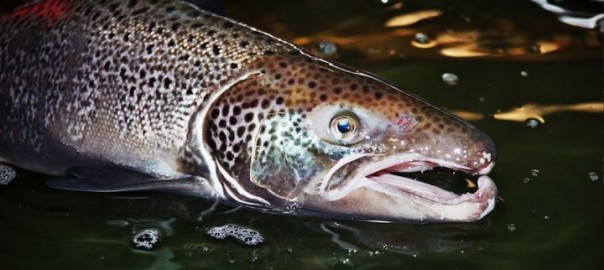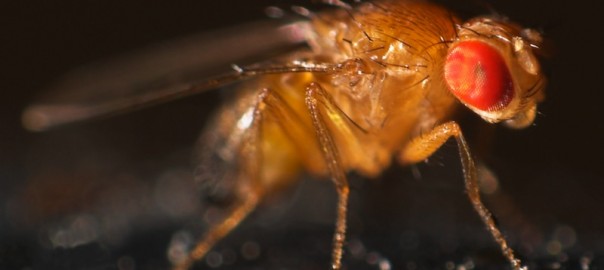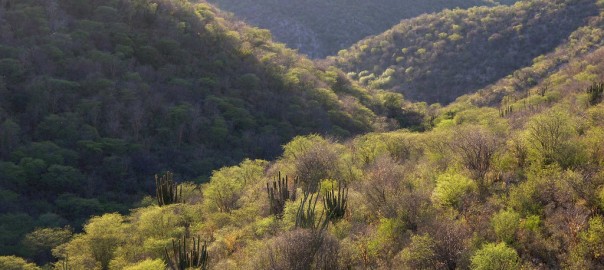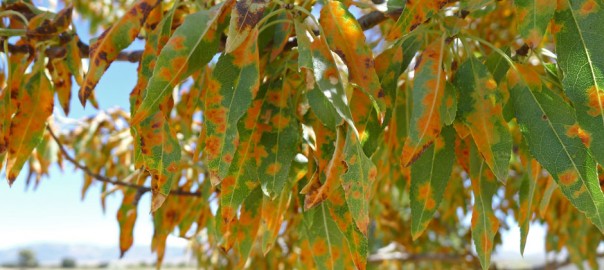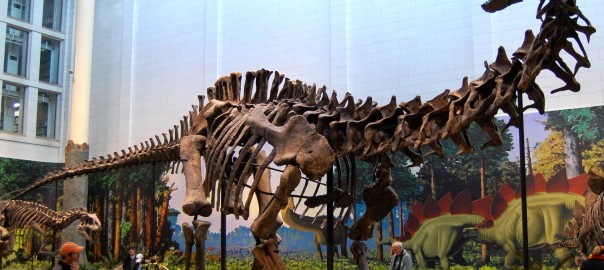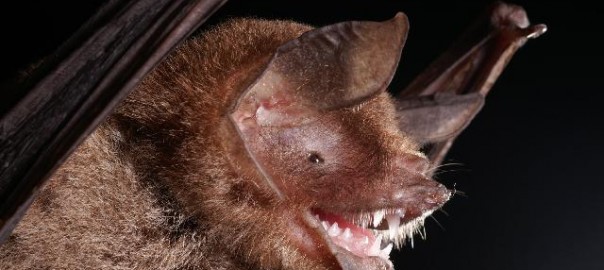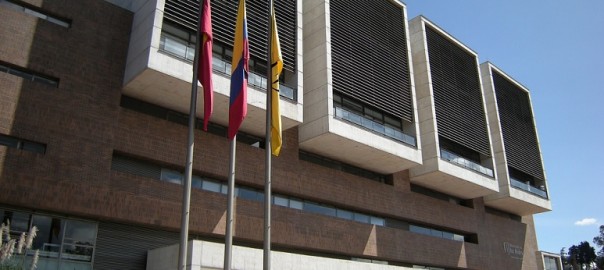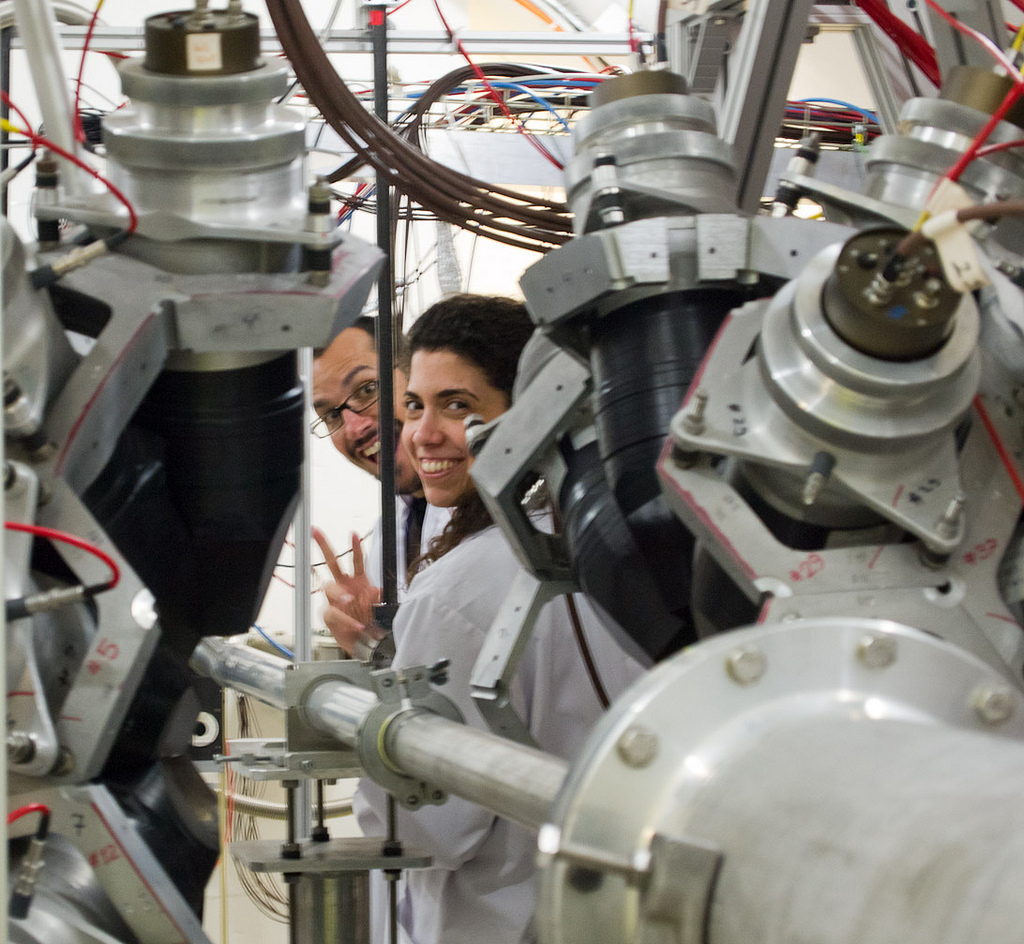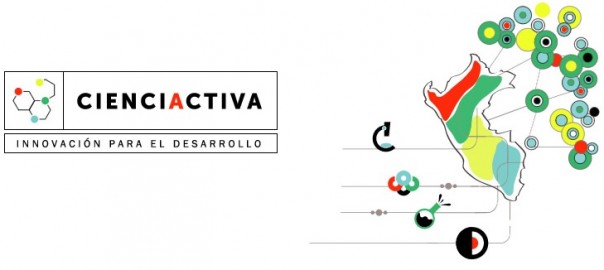Chikungunya spreading through Central America, Chileans help decipher the Atlantic salmon genome, and Cretaceous fossils found in Cuba.
Central America The chikungunya virus is quickly spreading through Central America and has alerted health authorities in several countries. The disease is transmitted by mosquitoes and can cause profound fatigue, nausea and rashes. It has no cure and can cause death in the elderly. Chile A group of Chilean, Norwegian and Canadian scientists have cracked … Continue reading Chikungunya spreading through Central America, Chileans help decipher the Atlantic salmon genome, and Cretaceous fossils found in Cuba.

